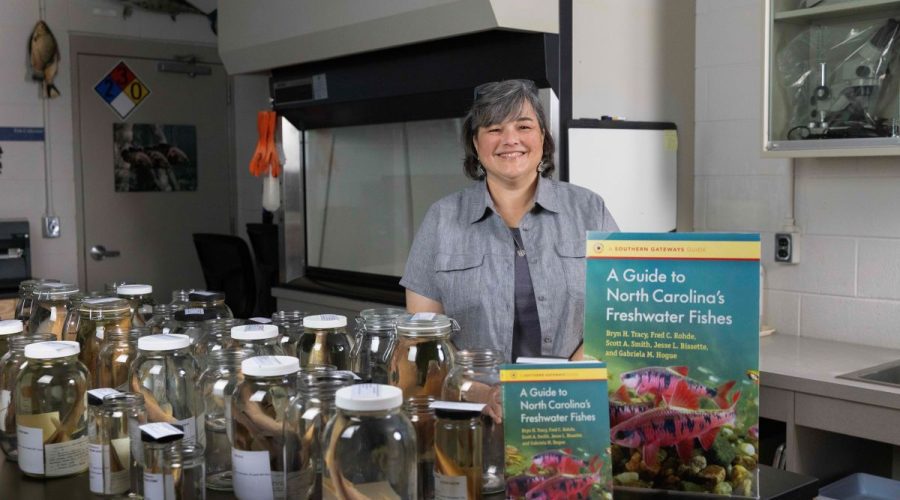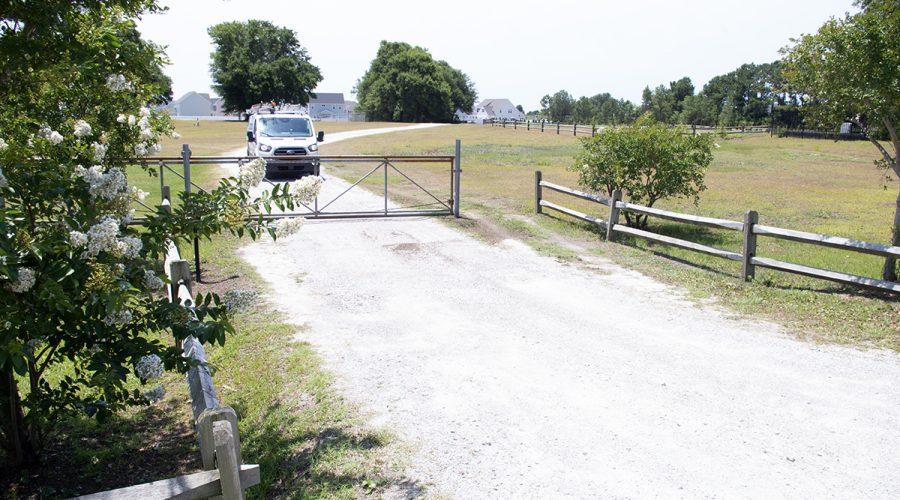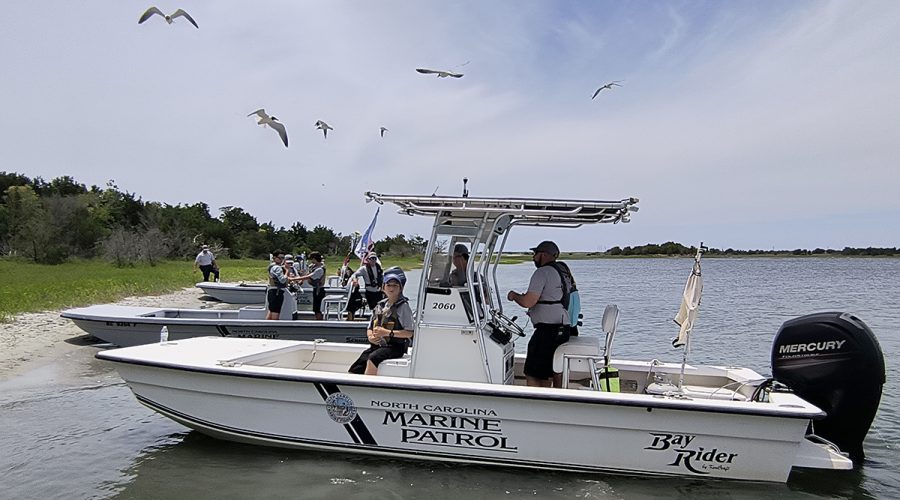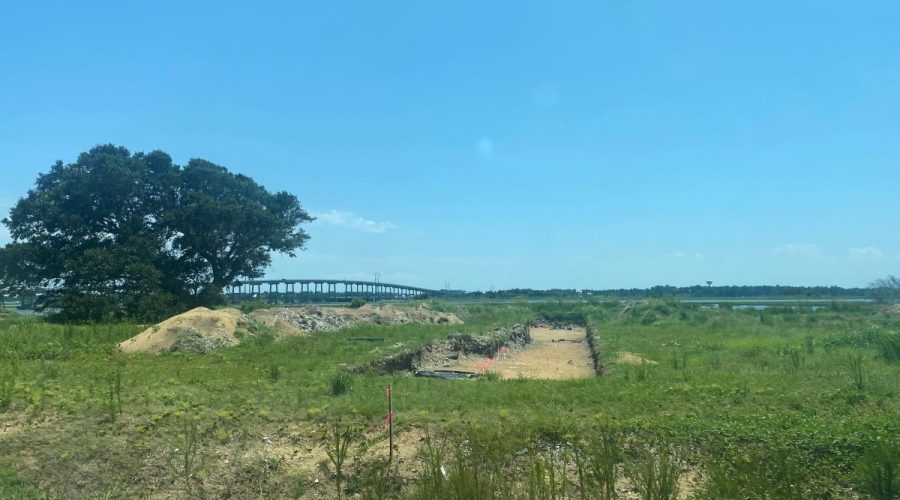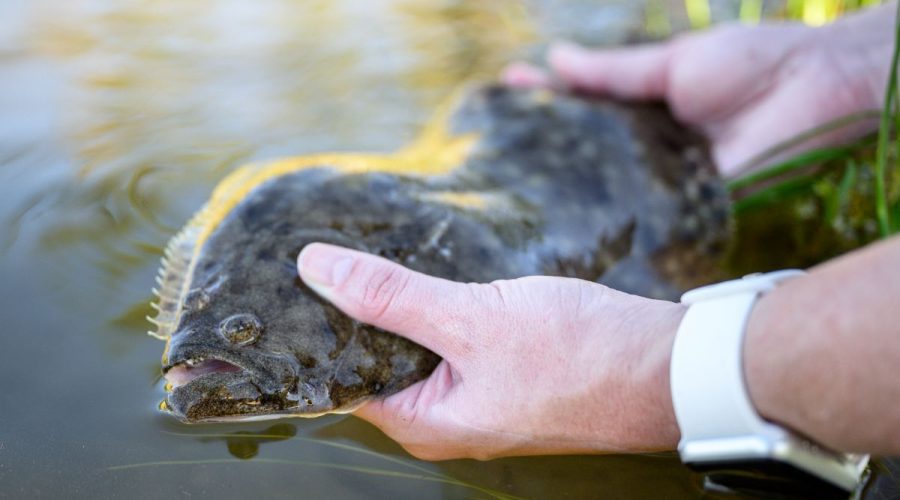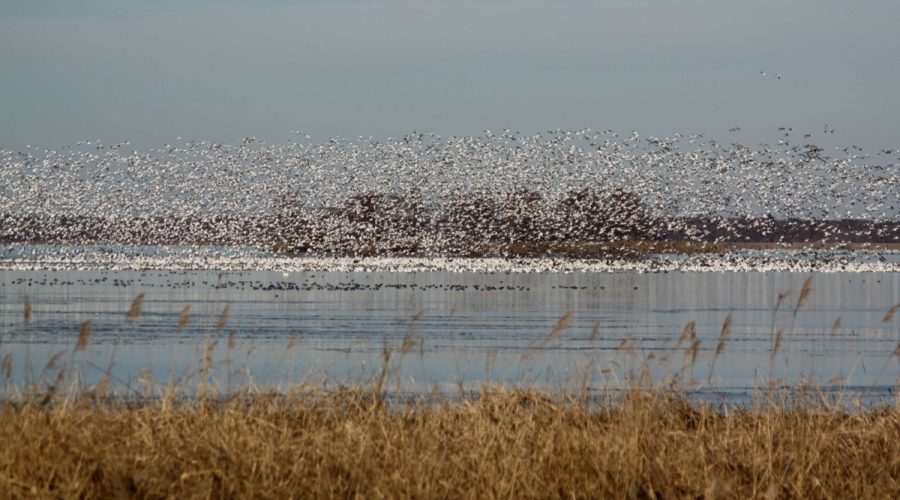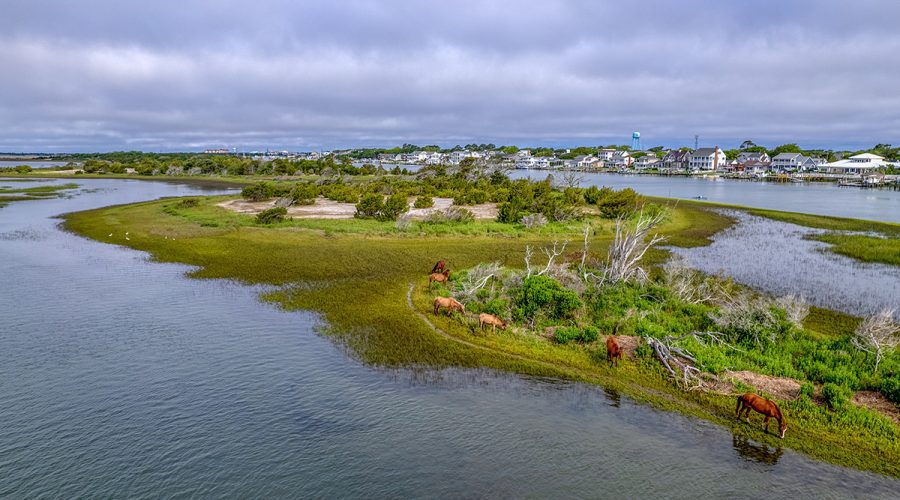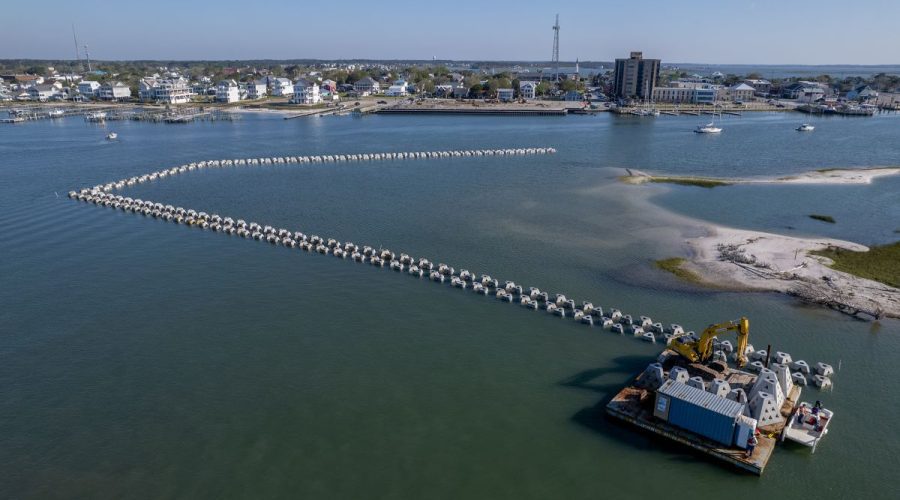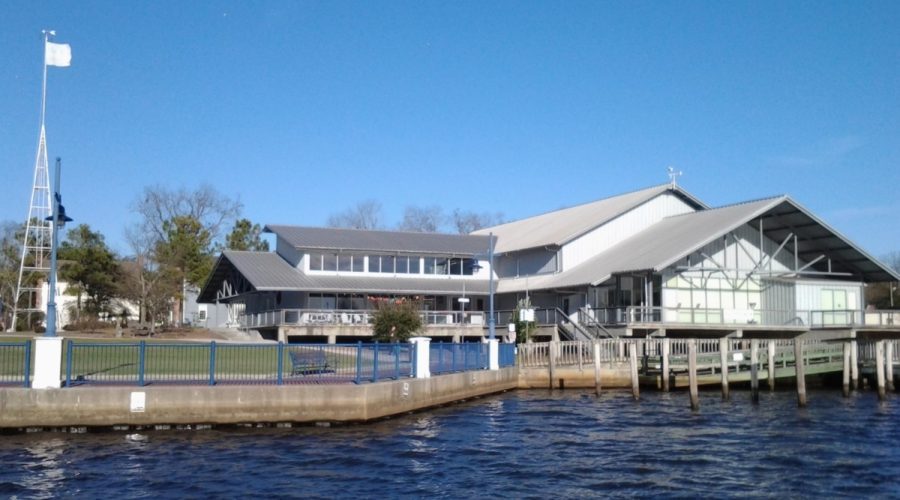A federal appeals court this week dismissed Chemours’ petition to review the Environmental Protection Agency’s advisory related to the toxicity of a compound used in the company’s GenX manufacturing.
Deputy’s arrest does little to assuage group’s concerns
The Native American group’s leaders say law enforcement and the media perpetuated a racist and biased narrative until the former deputy was arrested two weeks after the June 23 altercation, which they call a hate crime.
New guide helps tackle ID’ing state’s freshwater fishes
Check out the recently published “A Guide to North Carolina’s Freshwater Fishes” to find out which of the 40 families of freshwater fish are on the coast and where.
Legislature to revisit significant archaeological resources
Sen. Norm Sanderson last week vowed to again take up measures to deal “with all the archaeological situations that we have in North Carolina that have kind of sprung up on us recently.”
Eleven students attend Marine Patrol’s first summer camp
Young cadets recently completed the inaugural North Carolina Marine Patrol Junior Academy, an immersive educational experience geared to provide a glimpse into the officers’ daily routine.
Bill change adds terminal groin, limits historical site rules
Language to “rein in” the Division of Coastal Management’s authority has been removed, but a Coastal Area Management Act review could return during the next session.
No recreational flounder season likely this year; here’s why
The agency that manages inland waters is looking for public input on a proposed temporary rule to close recreational flounder season in inland waters for 2024.
Lake Mattamuskeet algaecide pilot study tied up in court
A lawsuit to stop a controversial pilot study to treat the cyanobacteria in the 40,000-acre freshwater lake has stalled both the plans and the funds.
Hurricane season begins; officials advise detailed planning
While forecasters see a “very high chance of a very active hurricane season,” the main point to remember is that preparation is key because it only takes one storm to disrupt lives.
Tree rings show summer 2023 was hottest in 2 millennia
After last year’s record-breaking temperatures, forecasts for this summer indicate another scorcher ahead, just as researchers find more troubling climate data and elected officials point to relief efforts.
Rachel Carson Reserve: Beaufort’s barrier to raging storms
In our ongoing look at the Coastal Area Management Act’s 50th anniversary this year, this Carteret County jewel of the Coastal Reserve Program also provides important protection.
New nonprofit, inaugural event to celebrate Chief Wingina
Gray Parsons of Frisco formed an organization and planned a May 30-31 event in Manteo to celebrate Chief Wingina, the first indigenous leader on the continent to be murdered by English colonists.
Sugarloaf Island hybrid restoration project sees progress
Work is moving forward on a project to install wave attenuation devices, a living shoreline and seagrass to help restore the rapidly eroding barrier island that protects Morehead City’s downtown waterfront.
Burnin’ up: State offers help for top weather-related killer
North Carolina climate and resilience officials say the heat action toolkit they have developed is a customizable guide for local governments to more successfully prevent heat-related deaths amid rising global temperatures.
Estuarium to get cooking with new Seafood School exhibit
The Washington-based environmental education center’s new exhibits will highlight the estuary’s role as a nursery for marine life and have a Cooking Classroom with a view of the Pamlico River to host programs on how to prepare key species.
Biser urges environmental commission to hear PFAS rules
NCDEQ Secretary Elizabeth Biser is urging the Environmental Management Commission to move forward this week with setting surface and groundwater standards for PFAS, a move the NC Chamber opposes.



